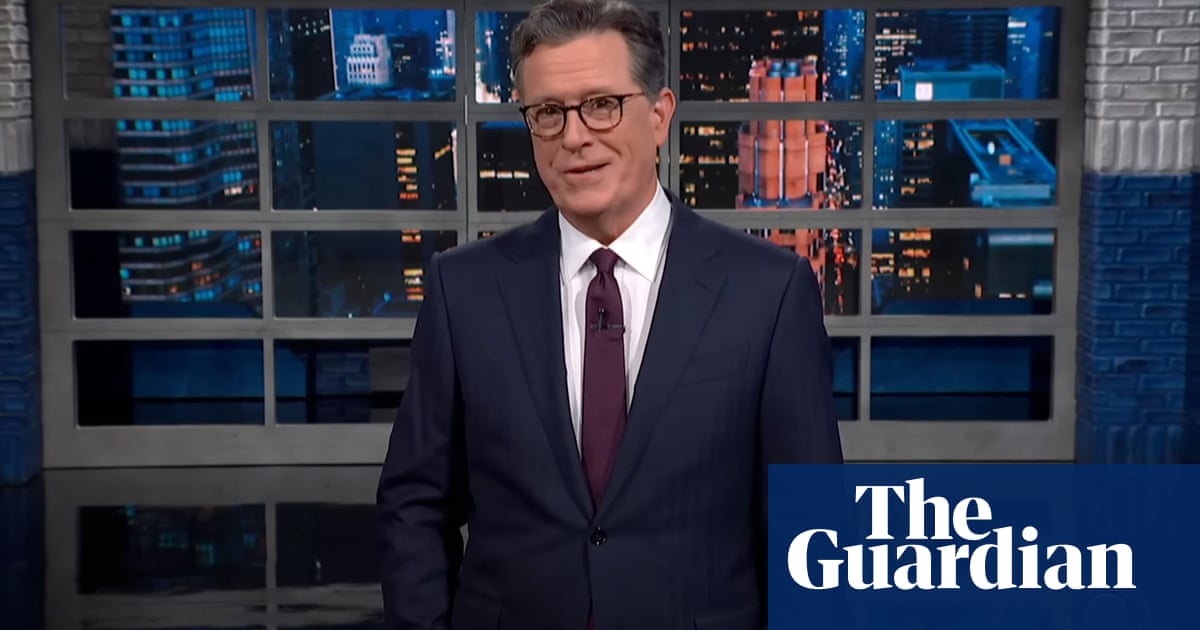
It should not come as any surprise for Brazil and Germany to be earmarked as favorites for the World Cup in Russia. After all, they are the two most decorated countries in the tournament’s history (not forgetting absent friends Italy, who, like Germany, have four gold stars embroidered over their crest, one behind Brazil’s five).
But when you add some context, some nuance, it reveals something about sport’s capacity to drag the badly defeated back up from the floor that most bookmakers are not willing to separate two heavyweights who flabbergasted the planet with the scale of a 7-1 scoreline last time out.
In case you need reminding – and it was one of those moments most people who saw it will never forget – the chasm between Germany and Brazil four years ago was almost confusingly extreme, to the point Joachim Löw’s team confessed to easing off in the second half of the semi-final as they were conscious of the extent of Brazil’s very public and deeply painful humiliation.
The fact the gap has narrowed enough for the World Cup’s leading nations to be perceived as equal is a testimony to a remarkable recovery. It was some nadir. Brazil’s ignominy led to national hand‑wringing about the bigger picture, not just the performance of the players on the pitch that night in Belo Horizonte. The entire infrastructure of football in the country was analysed and criticized - from youth development via coaching, style, finance, the league set-up, mentality. It did not feel as if a quick fix was on the cards.
Tite became Brazil’s manager in the summer of 2016, after the World Cup hangover drifted into Copa América exits and just before a pivotal game to re-energize emotions as Neymar inspired the under-23s to win the Olympics gold medal at the Maracanã. The former Corinthians manager has engineered an upsurge in confidence, and reignited some of the old vibrancy mixed in with a dash of no-nonsense pragmatism. The feelgood factor cranked up as the senior team became the first nation other than the hosts to confirm a place in Russia.
Germany joined them with swaggering ease, buoyed by a perfect qualification record, gallons of goals and an abundance of talent. They possess that rare quality – a squad who look as if they could comfortably send out two teams and fare very well (and still have some excellent players who miss the cut). Outside of these two, France, Spain, Belgium and Argentina are all capable of having a say in the latter stages.
It is easy enough for cynicism to play its part around a World Cup draw. Some of the groups drawn in Moscow appear to lack drama or intrigue. The opening game, Russia against Saudi Arabia, is, according to the Fifa rankings, the lowest-grade fixture of the tournament. The reticence about how welcoming and easy to negotiate the host country will be perhaps adds extra negative vibes before the greatest show on earth lands in Russia in six months’ time.
Like most 21st-century World Cups, concerns niggle away. In recent memory Germany 2006 was an exception in that everyone imagined it would be beautifully organized (it was) and perhaps the only concern was about local faith in whether the German national team could deliver as hosts (they did).
In 2002 there were worries about whether the tournament would come to life in east Asia, and if the business of co-hosting was workable. In 2010 in South Africa and 2014 in Brazil anxiety about security, lateness of stadium construction and fragility of infrastructure frayed pre‑tournament nerves. All turned out pretty well in the end. Russia brings its own issues.
But the World Cup’s capacity to overcome the cynicism, to flush away the pre-tournament negativity, should not be underestimated. The Panama goalkeeper Jaime Penedo got to the heart of it all with one phrase: “Going to the World Cup looks like the key to entering a different dimension.”
That sense of possibility, of inspiration, is felt from underdog to favorite. Four years ago Brazil were crippled by pressure. Now, as the saying goes, they are ready to go again.The Guardian Sport












